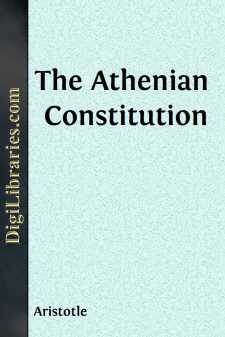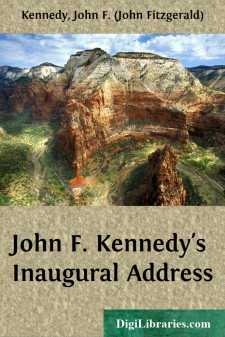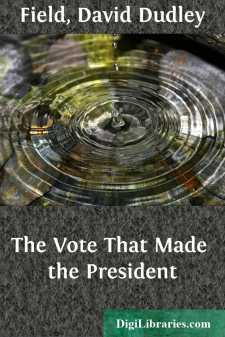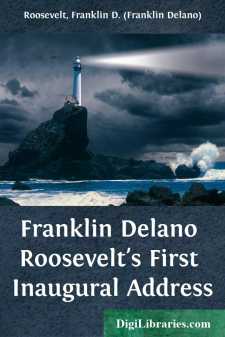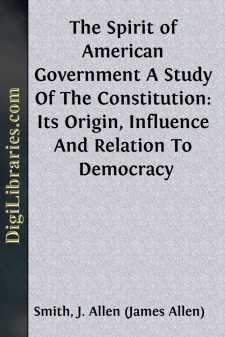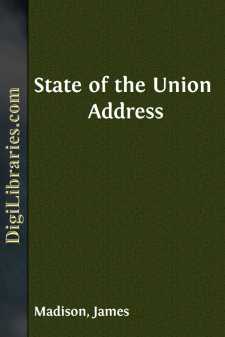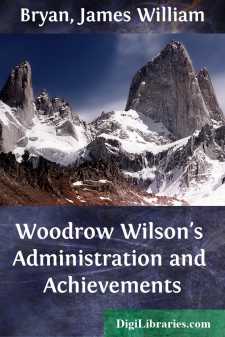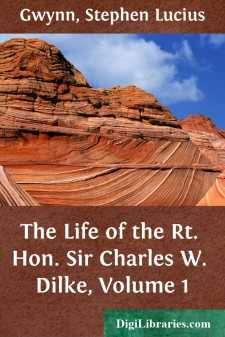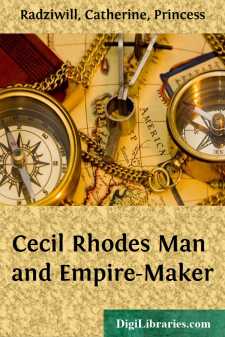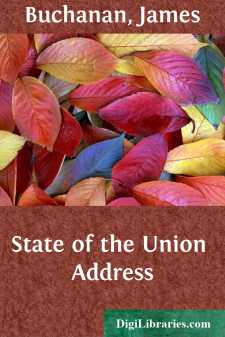Political Science
Political Science Books
Sort by:
by:
Aristotle
Part 1 ...[They were tried] by a court empanelled from among the noble families, and sworn upon the sacrifices. The part of accuser was taken by Myron. They were found guilty of the sacrilege, and their bodies were cast out of their graves and their race banished for evermore. In view of this expiation, Epimenides the Cretan performed a purification of the city. After this event there was contention...
more...
We observe today not a victory of party but a celebration of freedom. . . symbolizing an end as well as a beginning. . .signifying renewal as well as change for I have sworn before you and Almighty God the same solemn oath our forbears prescribed nearly a century and three-quarters ago. The world is very different now, for man holds in his mortal hands the power to abolish all forms of human poverty...
more...
THE VOTE THAT MADE THE PRESIDENT. At ten minutes past four o'clock on the second morning of the present month (March, 1877), the President of the Senate of the United States, in the presence of the two Houses of Congress, made this announcement: "The whole number of the electors appointed to vote for President and Vice-President of the United States is 369, of which a majority is 185. The...
more...
President Hoover, Mr. Chief Justice, my friends: This is a day of national consecration, and I am certain that on this day my fellow Americans expect that on my induction into the Presidency I will address them with a candor and a decision which the present situation of our people impels. This is preeminently the time to speak the truth, the whole truth, frankly and boldly. Nor need we shrink from...
more...
PREFACE It is the purpose of this volume to trace the influence of our constitutional system upon the political conditions which exist in this country to-day. This phase of our political problems has not received adequate recognition at the hands of writers on American politics. Very often indeed it has been entirely ignored, although in the short period which has elapsed since our Constitution was...
more...
by:
James Madison
Fellow-Citizens of the Senate and House of Representatives: At the period of our last meeting I had the satisfaction of communicating an adjustment with one of the principal belligerent nations, highly important in itself, and still more so as presaging a more extended accommodation. It is with deep concern I am now to inform you that the favorable prospect has been over-clouded by a refusal of the...
more...
HISTORY'S PROVING GROUND he modern newspaper through its intensive, minute and zealous activities in searching out, presenting and interpreting each day the news of the entire world, is tracing with unerring accuracy the true and permanent picture of the present. This picture will endure as undisputed history for all time. Let us concede that the newspaper writer sometimes, in the passion of the...
more...
PREFACE The following Life of Sir Charles W. Dilke consists mainly of his ownMemoirs and of correspondence left by him or furnished by his friends. The Memoirs were compiled by Sir Charles Dilke from his private diaries and letters between the years 1888 and his return to Parliament in 1892. The private diaries consisted of entries made daily at the dates dealt with. Of the Memoirs he says: "These...
more...
CHAPTER I. The conquest of South Africa is one of the most curious episodes in English history. Begun through purely mercenary motives, it yet acquired a character of grandeur which, as time went on, divested it of all sordid and unworthy suspicions. South Africa has certainly been the land of adventurers, and many of them found there either fame or disgrace, unheard-of riches or the most abject...
more...
by:
James Buchanan
Fellow-Citizens of the Senate and House of Representatives: In obedience to the command of the Constitution, it has now become my duty "to give to Congress information of the state of the Union and recommend to their consideration such measures" as I judge to be "necessary and expedient." But first and above all, our thanks are due to Almighty God for the numerous benefits which He has...
more...


